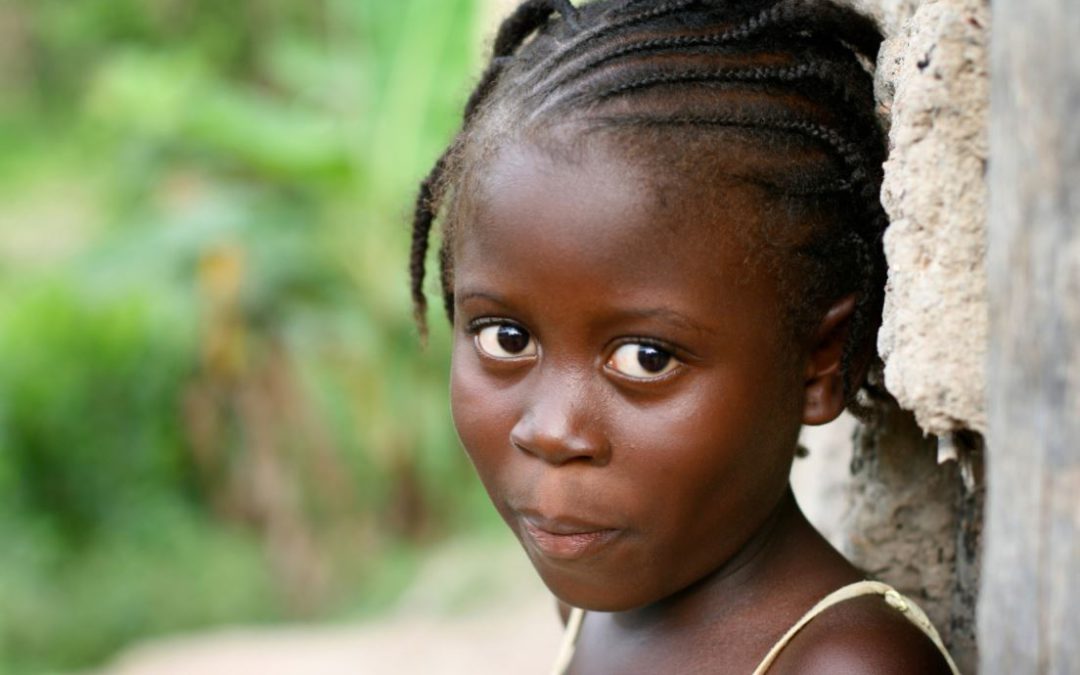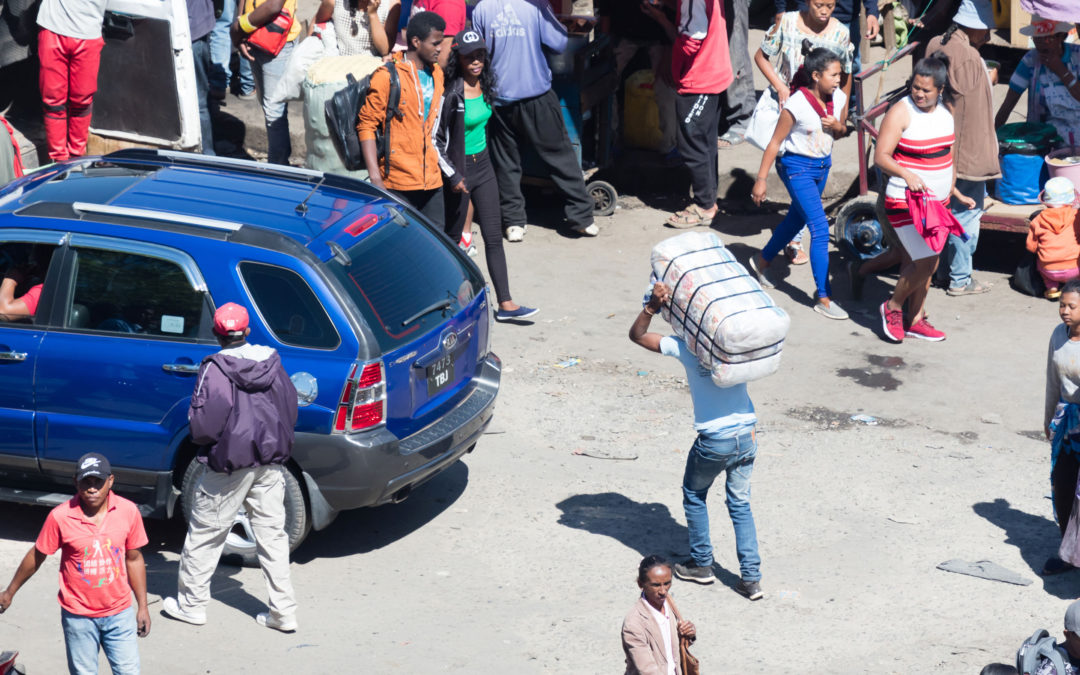UNESCO Education in Africa: 4 in 5 children don’t achieve minimum proficiency in reading
AWS Demo Day: Career Guidance Counselor Pitch
AWS Demo Day: New Birth/Mother & Child Pitch
AWS Demo Day: Target Health Pitch

How investing in girls’ education could return billions in GDP
Originally published on World Economic Forum, by Sonia Elks
11 million girls may not return to school after the COVID-19 pandemic.
- For every dollar invested into girls’ rights and education, developing nations could see a return of $2.80, according to a new report.
- Targets to improve girls education are included in the UN’s Sustainable Development Goals, signed by world leaders in 2015.
- Around 130 million girls worldwide were out of school before COVID-19, according to UNESCO, and more than 11 million may not return to classes.

How to build a financial system that works for people and planet
Originally published on World Economic Forum, by Patrick Njorge Governor, Central Bank of Kenya
- We now have the tools and know-how to achieve inclusive, sustainable development, writes Patrick Njoroge, Governor of the Central Bank of Kenya.
- We must use them to leverage new digital-finance technology to build a financial system that works for people and the planet.
- As the global economy builds back better, digital services will be vital in supporting individuals through transfers, loans and saving mechanisms.

Large population decline expected in China and India
This will make Nigeria the second-largest nation on Earth ahead of China by 2094.
Originally published by World Economic Forum | with the collaboration of Katharina Buchholz Data Journalist, Statista
- Research by the University of Washington suggests that population declines in India and China could be more rapid than previously thought.
- Growing access to education and contraception for women could catapult Indian and Chinese fertility below replacement levels quickly.
- The researchers did not see the same factors at play in most African nations, where population growth will continue to 2100 and beyond.

The pandemic has created an ethos of urgent collective action in Africa. This model can achieve lasting change
Originally published by Elsie S. Kanza | World Economic Forum
17 Jul 2020
- In Africa COVID-19 has shifted the cultural context almost beyond recognition. Suddenly previous obstacles to change are surmountable as bigger ones are overcome, and an ethos of urgent action becomes the norm.
- Africa’s digital economy has accelerated, particularly with respect to e-commerce, bolstering regional resilience to the health pandemic.
- But ongoing challenges will require more unified action on: new financing models, supply chain, trade, infrastructure and inclusive digital transformation.



Recent Comments